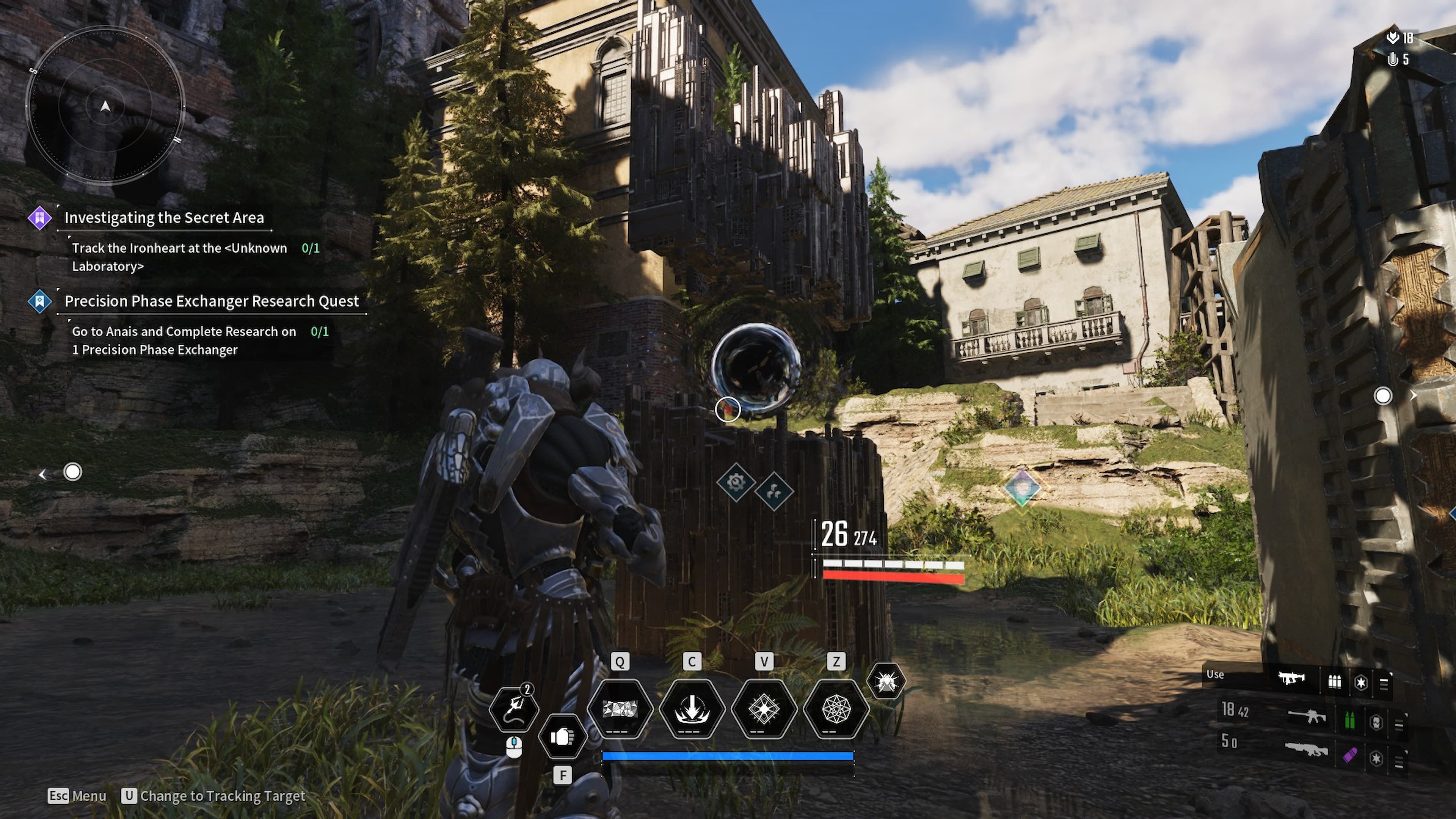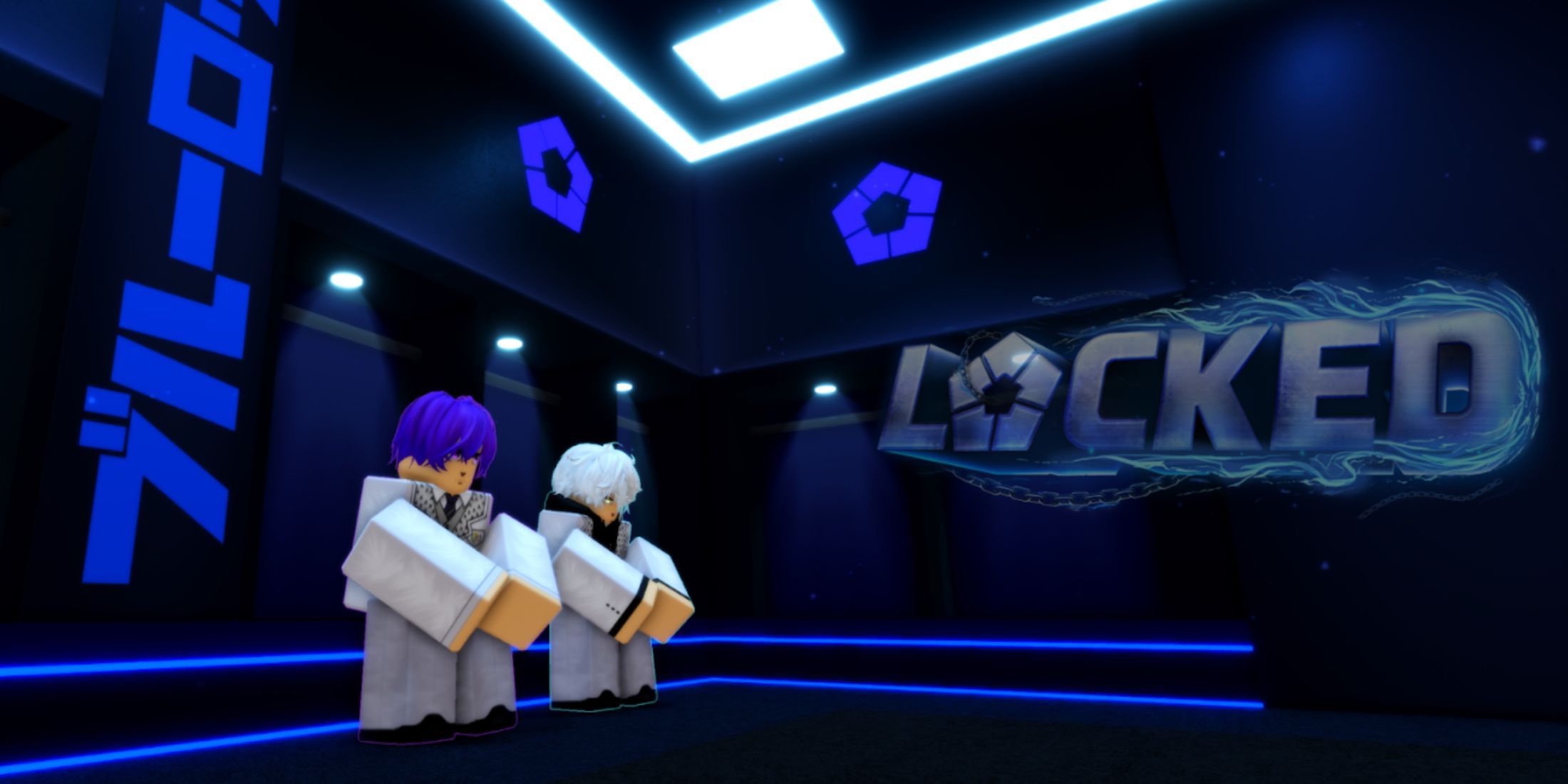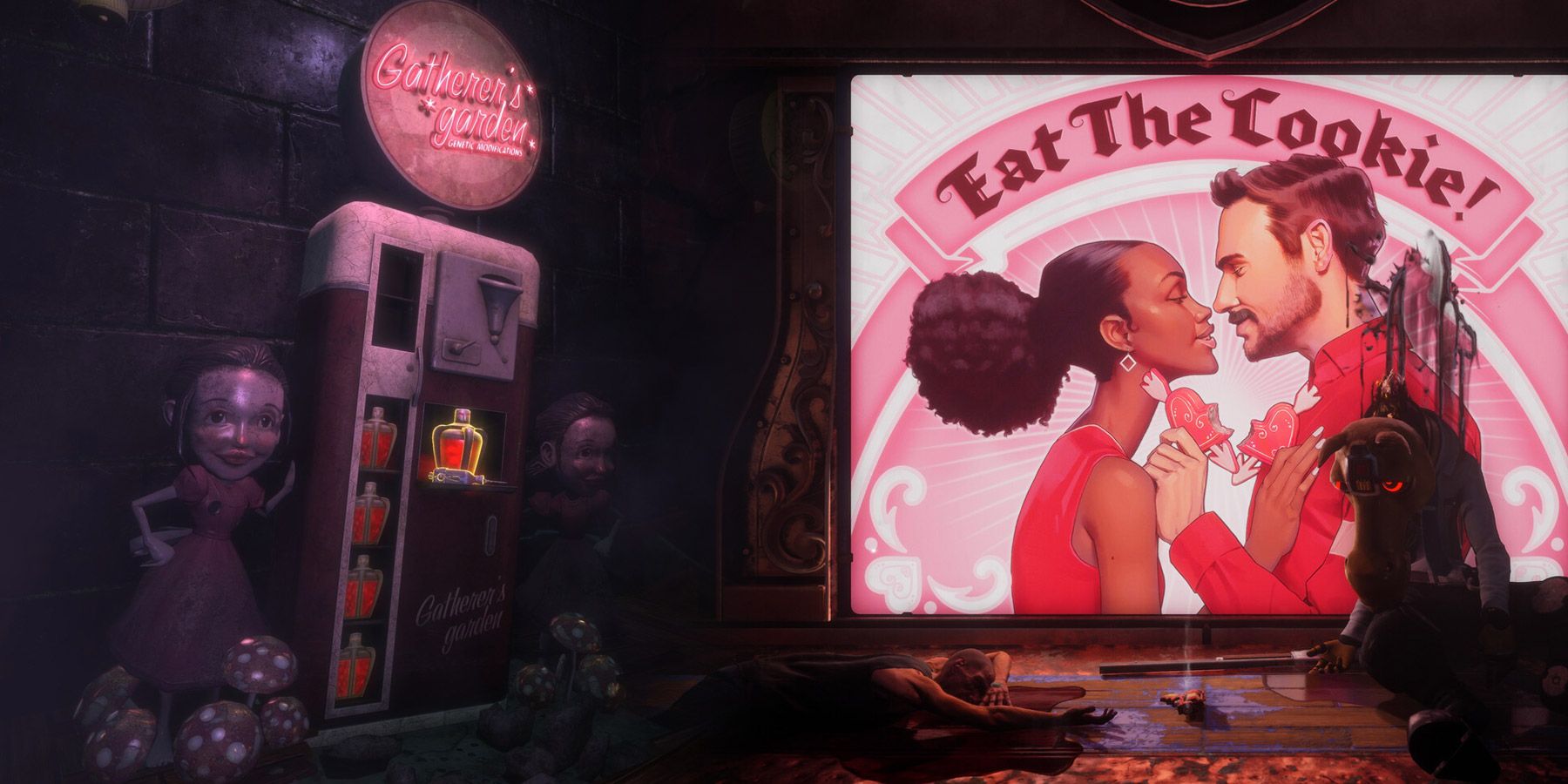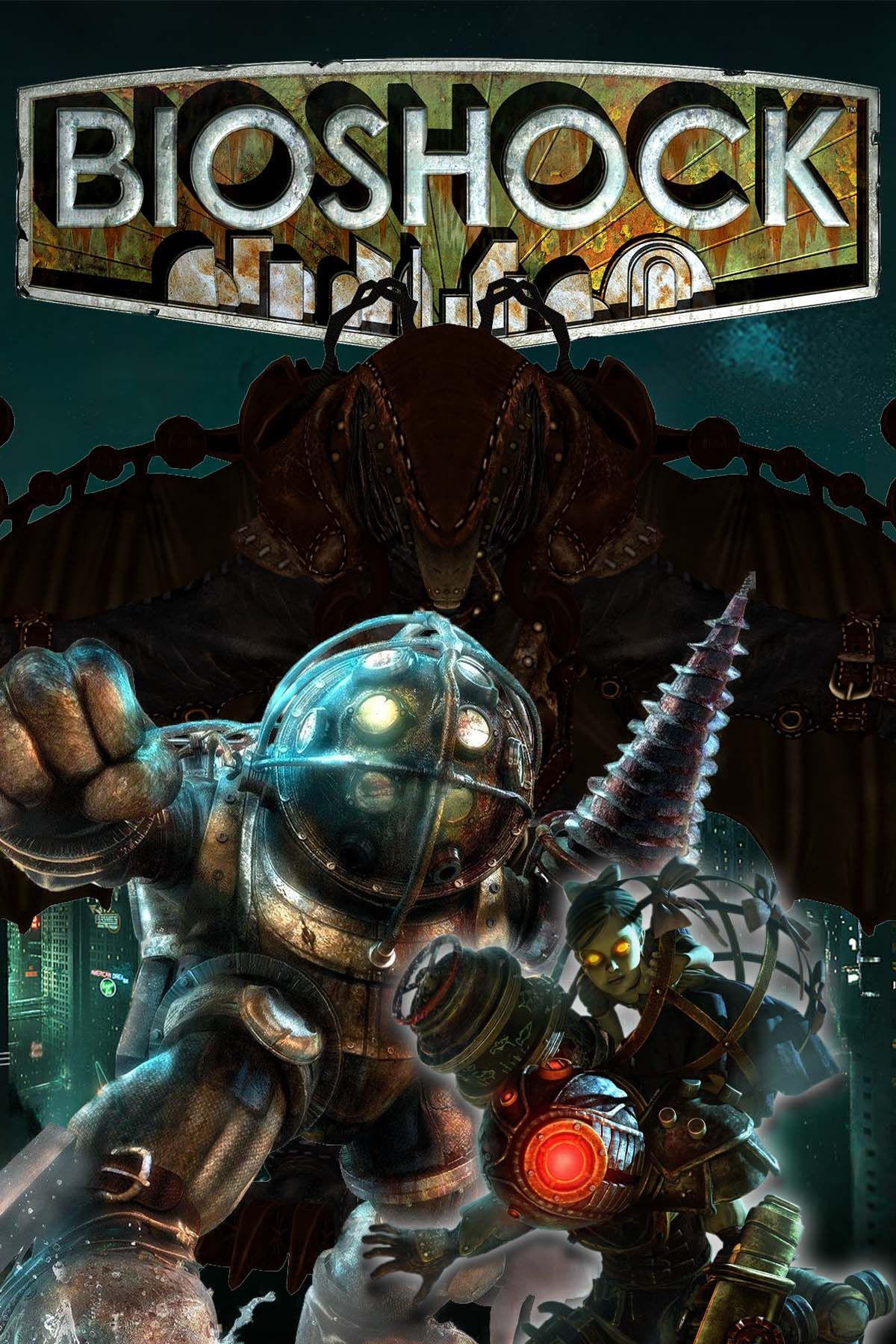Highlights
- Judas aims to outshine BioShock by offering players meaningful choices that deeply impact the story, setting it apart in the RPG genre.
- While BioShock dabbled in choice with the original's Little Sisters and good/evil endings, Judas promises to take player choice to a new level, making players the driver of every event in the story.
- Judas may have many similarities to BioShock, but its focus on extensive choice mechanics could help it to surpass its spiritual predecessor.
Freedom of choice has become a valued feature in video games over the last two decades, especially in the role-playing genre. The desire to control and manipulate a game's story through meaningful choices is growing increasingly apparent as players crave the in-depth customization that comes with compelling, branching narratives. Now, Ken Levine and Ghost Story Games' upcoming first-person shooter Judas aims to capitalize on those requests by presenting a story with a setting and characters that evolve based on players' choices.
At first glance, Judas resembles 2K and Irrational Games' BioShock, and rightfully so, considering the two are from the same creator. Judas appears to mimic BioShock's visual style, combat, and tone, but this is all purely based on what has already been revealed during the game's initial marketing phase. However, there is one area in which Judas may have a leg up on BioShock: its freedom of choice. BioShock allowed players some semblance of choice, but it seems Judas will be offering it on a completely different level. Ultimately, this could enable Judas to soar above its spiritual predecessor, which only dabbled in choice, whereas Judas seems to embrace it fully.
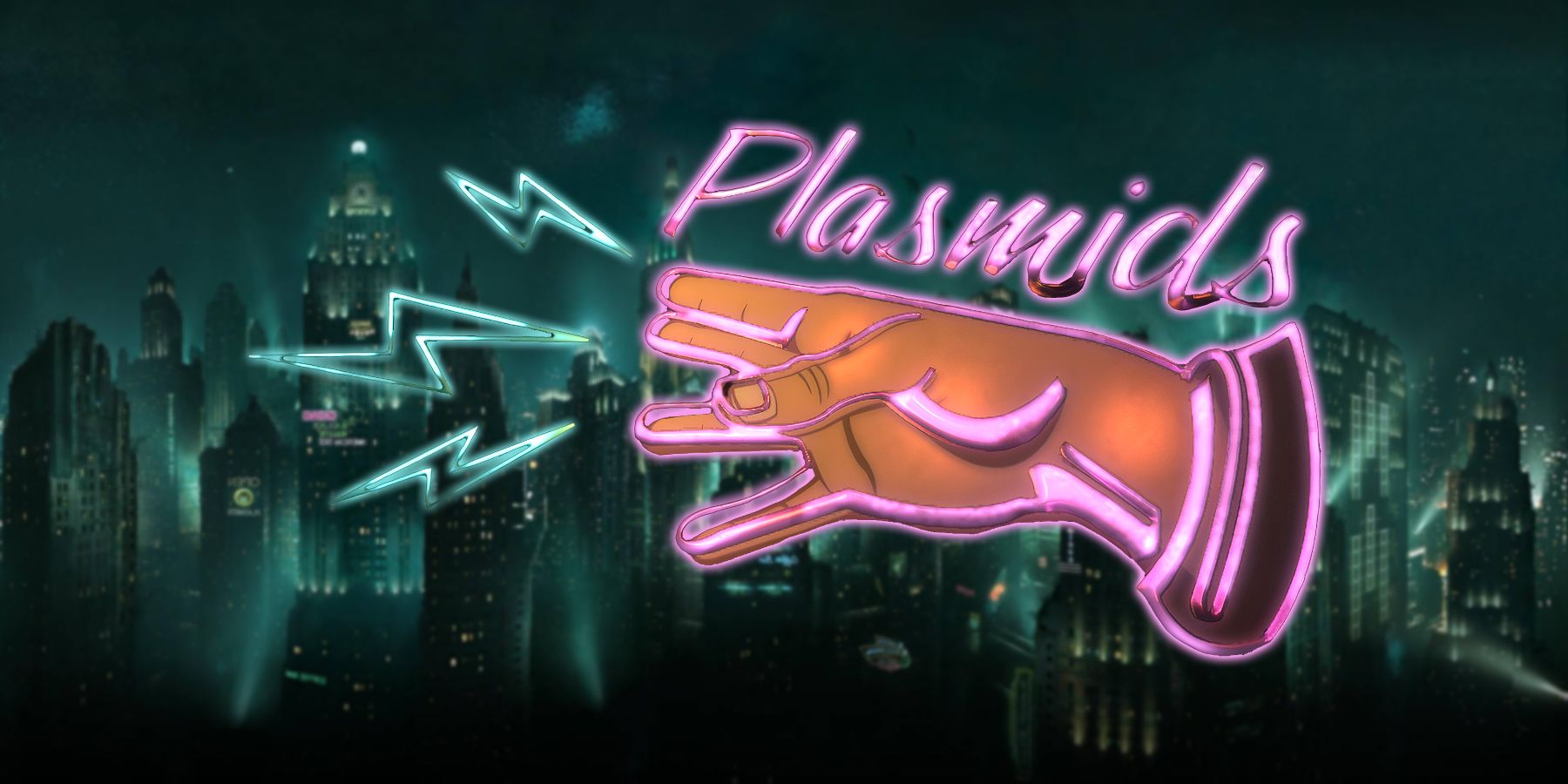
How BioShock 4's Plasmids Can Step Up Their Game
Barring BioShock 4's eventual release, it should consider shaking up the Plasmid formula and offering a more robust system of special abilities.
Judas' Emphasis on Choice Could Be Its Biggest Win Over BioShock
BioShock Largely Forewent Choice as a Gameplay Mechanic
BioShock isn't an RPG, so unlike the RPGs that implement it, freedom of choice is largely foregone as a core gameplay mechanic. That being said, there are key moments where players can make choices that matter, even to the point of these choices affecting which ending they get. The most notable choice system in BioShock revolves around the Little Sisters, little girls who were once normal but were genetically altered and psychologically conditioned to retrieve ADAM from the corpses found scattered throughout Rapture.
Upon encountering a Little Sister, players are typically first required to engage in combat with and defeat their protector, a Big Daddy. Once the Big Daddy is dealt with, players choose to either harvest the Little Sister for ADAM or save them. Depending on whether players choose to save or harvest all the Little Sisters, they experience one of two different endings for the game, with the "good" ending resulting from saving the Little Sisters. It is a fantastic moral dilemma to enforce upon players and inevitably gives them some control over how the story unfolds. However, when it comes to choice, that's it.
Judas Seems to Offer Players Choices at Every Turn
On the other hand, Judas will offer players choices at seemingly every turn — choices that matter very much. According to Ken Levine, founder of Ghost Story Games and Judas' creative director, Judas will make players "the driver of every event in a story with a new cast of characters to get to know — and change — in ways you haven’t experienced before in our games." Saying that players are the hands behind "every event" implies they will quite literally control the story's direction, which is an unprecedented move for the creator of BioShock, a game with very few choices.
Just how far these choice mechanics go likely won't be seen until either Judas' release gets closer or the game comes out, but that shouldn't shut down any expectations. Judas has an opportunity here to fully lean into a feature that could ultimately double as a win for it over BioShock. Currently, it faces an uphill battle in setting itself apart from Ken Levine's original brainchild, as Judas looks so much like BioShock that it might as well be BioShock 4. Still, if Judas can pull off its alleged choice mechanics and make them as crucial to its story as they claim to be, nothing can stop it from potentially toppling its spiritual predecessor and leaving it in the dust.

